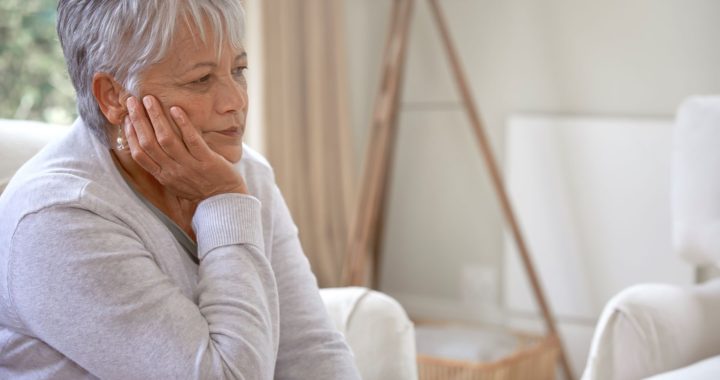The isolation and loneliness experienced over the past 15 months due to the pandemic, offers a glimpse into the isolation and loneliness felt every day by those living with early onset Alzheimer’s disease and their care partners. The diagnosis of a medical disease often expands one’s social network of family and friends who offer comfort, support, and companionship. However, a diagnosis of early onset Alzheimer’s disease may shrink the person’s support system enhancing the stigma associated with this diagnosis.
Early onset Alzheimer’s disease does not cause someone to stop living their life nor does it render them unrecognizable to others. While it is a progressive brain disease, the need for connection to others is greater and more important than ever. The person diagnosed remains a unique individual with their own personality, history, relationships, memories, thoughts, talents, ideas, roles within families and communities, cultures, beliefs, and occupations.
Friends and family may withdraw because they fear doing or saying something that may be upsetting. However, the withdrawal by those who were part of the person’s life is extremely hurtful. This hurt can lead to feelings of being unworthy, valueless, and a failure. Research has shown that those living with any type of dementia can still make new memories. As the disease progresses, cognitive memories are not as important as the emotional and “heart” memories. People with early onset Alzheimer’s disease never lose their heart and soul during the disease process.
“The ability to receive emotional love endures far longer
than the ability to express it.” –Gary Chapman
The person with early onset Alzheimer’s disease needs to have a sense they are still part of the society they lived in prior to their diagnosis. All of us need connection and to feel that we are doing something that matters—that we are making a difference in someone else’s life. Those with a diagnosis of early onset Alzheimer’s disease are no different.
This connection extends to the care partner as well. As the disease progresses, the amount of time spent caring for the person with the disease increases. Conversations and connections begin to change with the person diagnosed, so having family and friends who can help and provide emotional support makes a tremendous difference.
Below are suggestions for care partners as well as family and friends to stay engaged through the disease process. We recommend that care partners put COVID safety measures in place to protect themselves and the person early onset Alzheimer’s disease.
Family & Friends
- Ask the care partner how you can be supportive. Find out when is the best time of day to visit and what topics are good to discuss.
- If you do not live in close proximity to the person with the disease, connect with them through Zoom or Facetime. Ask the care partner to let you know when it is a good time to call. Keep the calls short and talk about happy times. Do not quiz the person with the disease, but instead talk about happy memories and tell them how glad you are to see them and hear their voice.
- Engage in meaningful activities the person enjoys. This can include walks, listening to music, watching a favorite movie, and getting ice cream.
- Reminisce about good and happy times. Share your memories and let them share what they remember. It is okay if some of the memories are not accurate. The important thing is they are engaging in conversation.
- If the person with early onset Alzheimer’s disease no longer recognizes you, you still know them. Research has shown that people can recognize a person’s voice well into the late stages of the disease. Talk to them. Tell them you love them and how grateful you are that they are in your life. Please keep in mind that just because you may not see any outward signs of recognition, does not mean that recognition is gone. They might not be able to express the recognition.
Care Partners
- Connect with people. Joining a support group, in-person or online, can be a wonderful outlet to meet new people who understand your experiences with the disease.
- When people offer to help with something, let them. Whether it is spending time with the person who has early onset Alzheimer’s disease, or running errands for you, it is important to let people help.
- Have at least one person who you can talk to on a deep and honest level. Every care partner needs someone who they can be honest with and talk through all they are feeling and experiencing.
Personal Note from Laura Sutherland, Founder & Executive Director
If you do not have someone in your support system who you are comfortable talking to about your experiences, I invite you to contact me directly. I was Gayle’s sole care partner and I have experienced the good, bad, and ugly of this disease. Building a community of support and awareness about this disease is why I started the Gayle Wells Foundation. We can set up a regular schedule of phone calls, Zoom calls or face-to-face meetings. I do not want anyone to keep things bottled up inside. Our services are free of charge, and I would love to talk with you and help you through this experience. I can be reached at 832-470-9526 or laura@gaylewells.org.

